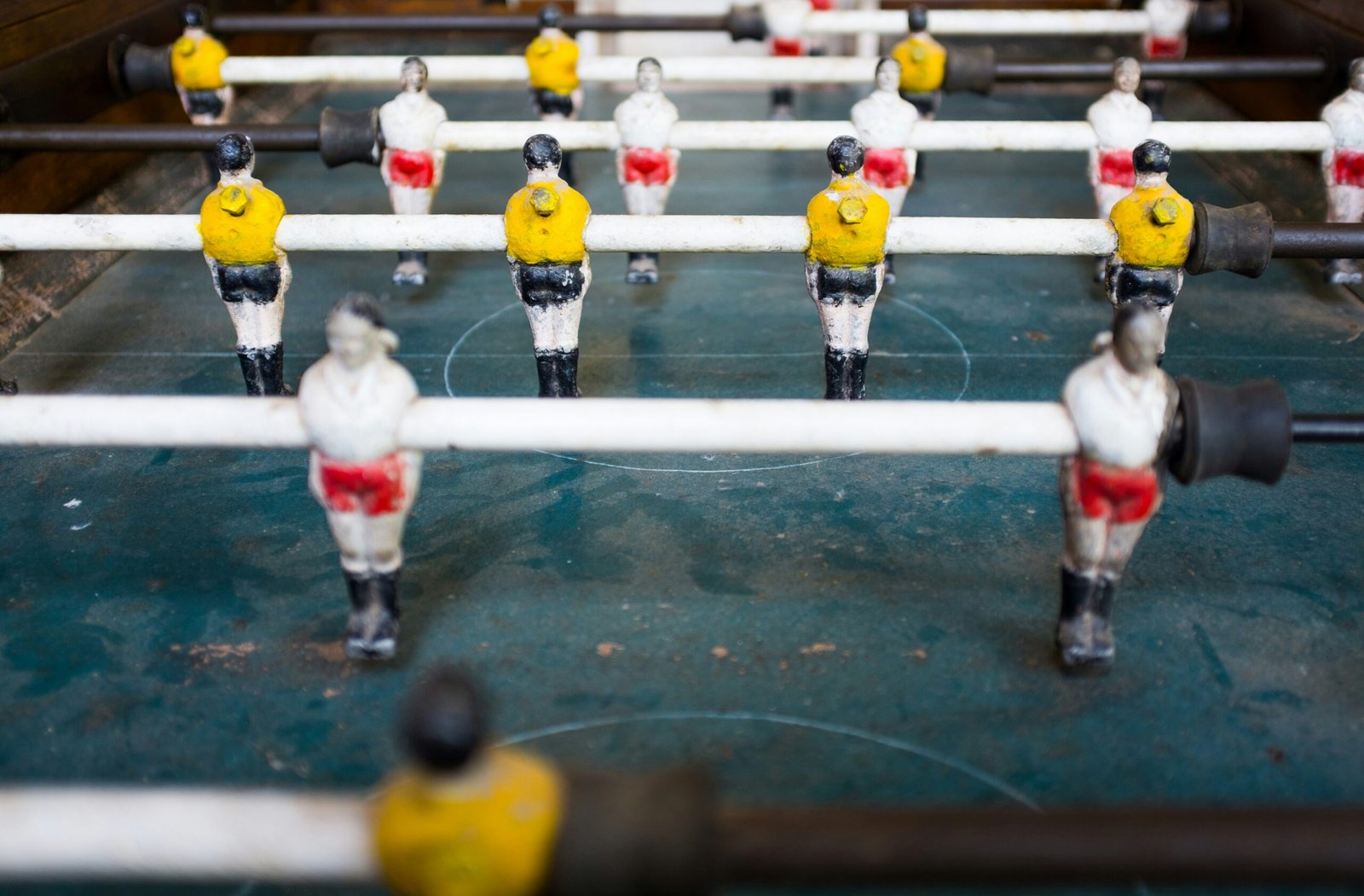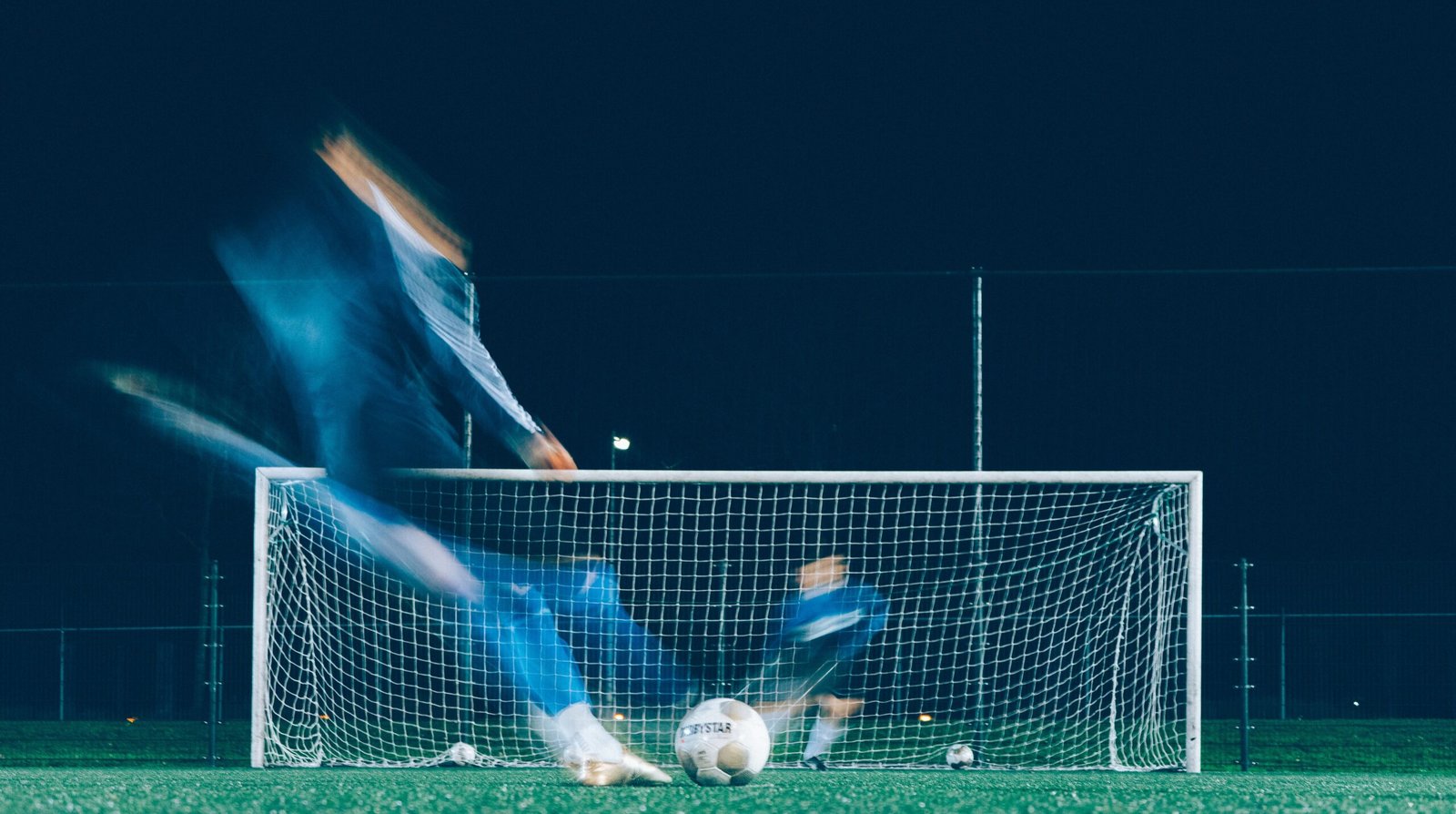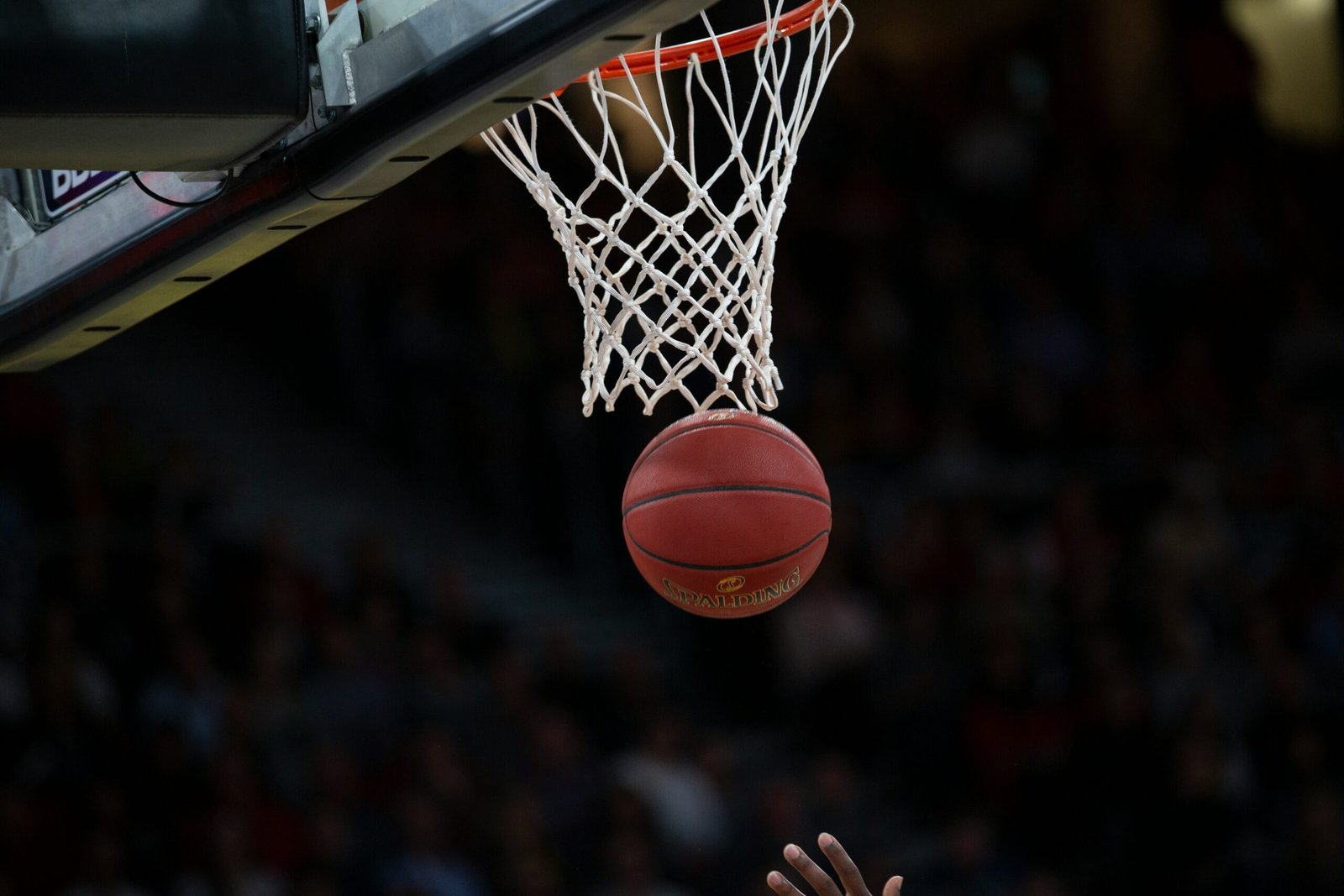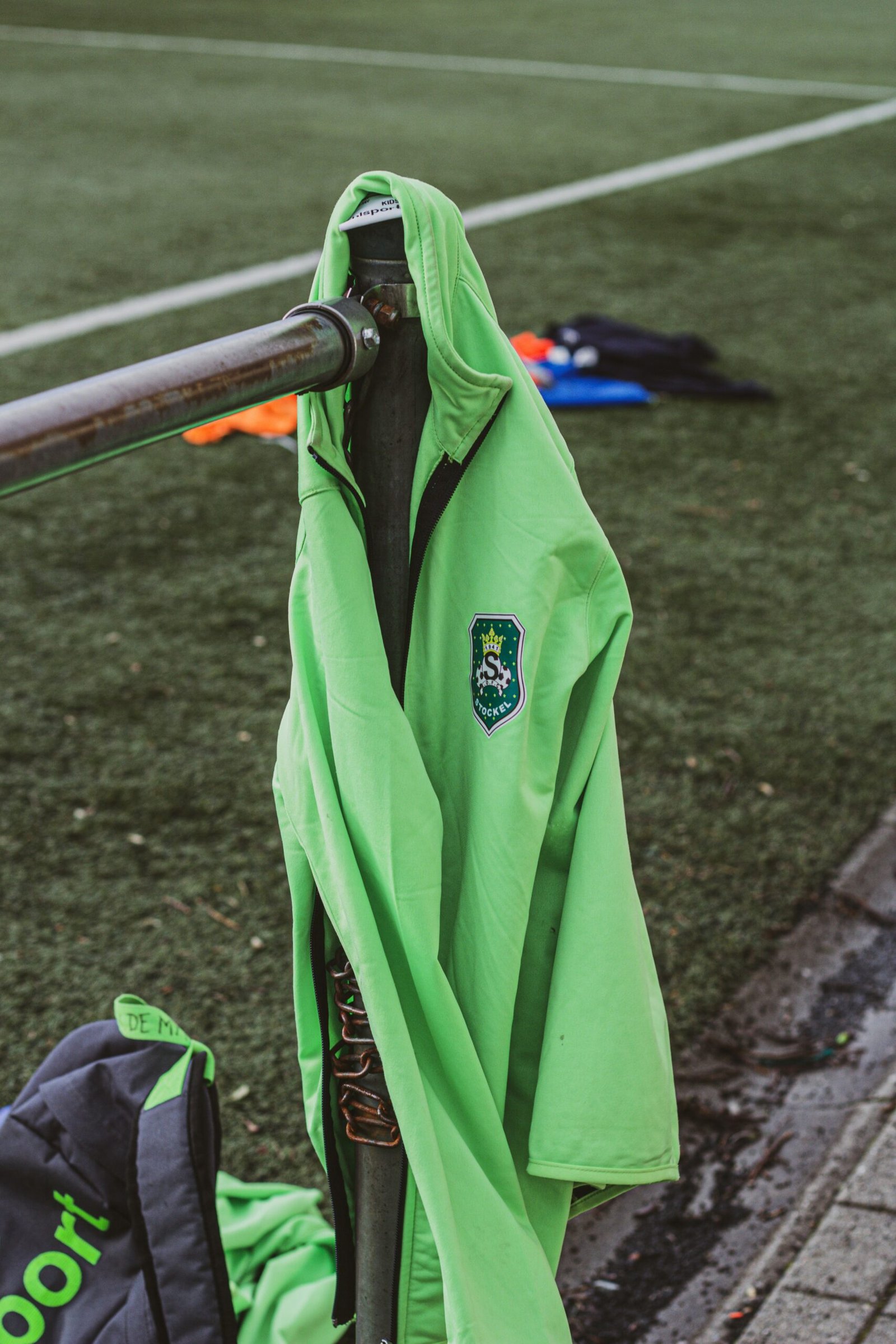Scandals and Controversies
The realm of football has witnessed numerous scandals and controversies over the years, many of which have significantly tarnished the sport’s image. One of the most historic and globally impactful scandals was the FIFA bribery scandal of 2015. The scandal involved top FIFA officials accused of accepting millions of dollars in bribes in exchange for the awarding of World Cup hosting rights and media contracts. The subsequent investigation led to numerous high-profile arrests and forced the global football governing body to overhaul its leadership and operational practices.
Another notorious controversy is the Calciopoli scandal, which engulfed Italian football in 2006. This scandal involved several Serie A clubs, most notably Juventus, who were accused of influencing referee decisions to favor certain teams. The fallout from Calciopoli was extensive, resulting in the relegation of Juventus to Serie B, point deductions for multiple clubs, and bans for several Italian football officials. Calciopoli remains one of the darkest chapters in the history of Italian football, revealing the extent to which corruption had infiltrated the sport.
Doping scandals have also stained the integrity of football. The use of performance-enhancing drugs has led to several high-profile cases, including players being banned from the sport. For instance, Argentinian legend Diego Maradona faced a 15-month ban after testing positive for a cocktail of drugs following the 1994 World Cup. Such incidents have sparked debates about the need for stricter anti-doping measures within the sport.
On-field incidents involving players and officials have often sparked controversy as well. Perhaps one of the most infamous moments was Zinedine Zidane’s headbutt on Marco Materazzi during the 2006 World Cup final. The altercation, which led to Zidane’s red card, marred an otherwise thrilling tournament and prompted widespread discussions about sportsmanship and professional conduct.
These instances highlight how deeply scandals and controversies can affect the world’s most beloved sport, causing ripples that often go beyond the boundaries of the football pitch.
Disastrous Match Performances
Football, being a game of glorious uncertainties, has witnessed moments that teams and fans would rather forget. One such infamous event was the match between Australia and American Samoa in 2001, where Australia triumphed with an overwhelming 31-0 win. This debacle etched itself into the annals of football history for its sheer and unrivaled margin of victory, highlighting the vast disparity in skill and preparation between the two teams. The relentless offensive onslaught from Australia left American Samoa helpless and demoralized, underlining a match that should have ideally been competitive.
Another grave chapter in football’s history is marked by individual failings that dramatically altered the course of games. The 1994 FIFA World Cup saw Colombian defender Andrés Escobar’s tragic own goal in a group stage match against the USA. This blunder not only led to Colombia’s elimination but also had devastating consequences off the pitch, culminating in Escobar’s untimely death shortly after returning home, a heartbreaking reminder of the far-reaching impacts of on-field errors.
Teams will not forget tactical blunders that resulted in catastrophic performances. The 2014 FIFA World Cup semi-final between Brazil and Germany is a glaring example. Brazil, heavy favorites going into the tournament, succumbed to a humiliating 7-1 defeat. Brazil’s tactical shortcomings and defensive vulnerabilities were exposed mercilessly by a well-oiled German side. The match stunned the football world and became a defining moment of both Brazilian despair and German precision.
Finally, own goals have often turned the tide against teams in the most devastating fashion. One notable instance was during a UEFA Euro 2000 qualifier where San Marino’s Davide Gualtieri scored after just 8.3 seconds against England. Although England eventually won 7-1, the humiliatingly early goal left a lasting mark on the match’s integrity, accentuating the unpredictable nature of football.
Managerial Failures
Football managerial decisions play a significant role in shaping the destiny of top-tier clubs. The dynamic and unforgiving nature of professional football means that an ill-advised hire or misguided tactical approach can lead to spectacular failures. When discussing managerial failures, several high-profile examples come to mind, epitomizing the adverse impact poor management can have on a club’s success.
One of the most notorious cases is David Moyes’ stint at Manchester United. Hired to succeed the legendary Sir Alex Ferguson, Moyes faced the daunting task of continuing the legacy of a manager who had brought sustained success to the club. Unfortunately, Moyes’ tenure lasted less than a full season, plagued by poor performances, baffling tactical decisions, and a dramatic drop in team morale. The team finished in a disappointing seventh place, failing to qualify for European competitions for the first time in over two decades. Moyes’ short-lived spell remains a cautionary tale of the challenges inherent in following a managerial legend.
Another infamous tenure is that of Rafa Benitez at Inter Milan. Following the departure of José Mourinho, who had just led the team to a historic treble, Benitez stepped into an environment expectant of continued dominance. However, his methods failed to resonate with the players and the club’s upper management. In less than half a year, Benitez was dismissed, leaving the team in disarray and miles away from the heights they had scaled under Mourinho.
Additionally, the revolving door of managerial hires at clubs like Chelsea and Real Madrid has seen more high-profile failures. Coaches who were prolific elsewhere struggled under the intense scrutiny and high expectations, leading to numerous quick exits. These instances underscore the fine line between managerial success and failure in the world of football.
While immense pressure and expectations accompany top managerial positions, the failures of Moyes, Benitez, and others illustrate how critical the right managerial choice is. Missteps at this level can undo years of hard work and success, offering a poignant reminder of football’s unpredictable and capricious nature.
Fan Disasters and Hooliganism
Football, often referred to as “the beautiful game,” has sadly been marred by tragic incidents and destructive fan behavior, casting a shadow over its rich history. One of the darkest chapters unfolded on April 15, 1989, during an FA Cup semi-final match at Hillsborough Stadium in Sheffield. The Hillsborough disaster, characterized by overcrowding and poor stadium management, led to the death of 97 Liverpool fans, making it one of the deadliest sports tragedies in history. The aftermath saw a seismic shift in football safety, prompting the Taylor Report which revolutionized stadium safety and initiated mandatory all-seater stadiums in the UK.
Another haunting episode was the Heysel Stadium disaster on May 29, 1985, during the European Cup final between Juventus and Liverpool. Just before kick-off, a wall collapsed following aggressive behavior by both sets of fans, resulting in 39 deaths and over 600 injuries. The incident led to a five-year ban on English clubs from European competitions, and has remained a poignant reminder of the havoc that hooliganism can wreak.
Hooliganism, pervasive during the 1970s and 1980s, is an issue that has extensively tarnished football’s image. Episodes of fan violence, often attributed to factors like tribalism and socio-economic unrest, necessitated stringent measures. These include increased police presence, stadium bans for offenders, and community outreach programs aimed at fostering a more inclusive and respectful fan culture. Although largely controlled today, instances continue to occur, reminding stakeholders of the ongoing battle against this scourge.
The consequences of these tragic events and violent behaviors have heralded significant advances in football policy and management. Enhanced surveillance, advanced crowd control techniques, and stricter legal repercussions for offenders have been implemented to safeguard both the players and spectators. Governing bodies like FIFA and UEFA continue to work tirelessly along with national federations to ensure that football can return to being a safe and enjoyable pastime for all involved.



